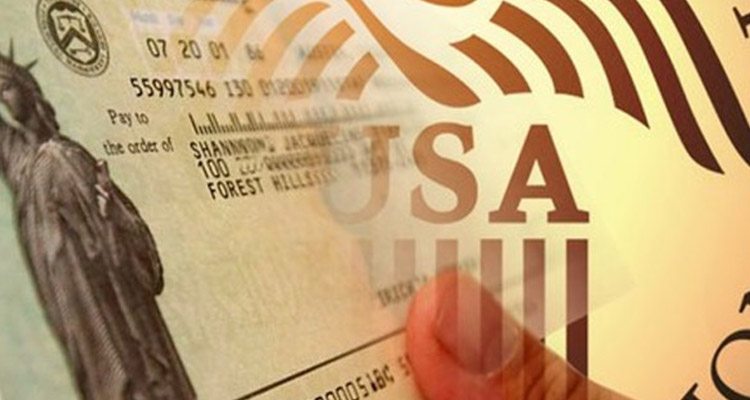Social Security Disability for Veterans: 6 Things You Need to Know

Military service may result in mental and physical disability that could last a lifetime. Those who have become disabled due to engaging in military service may be eligible to receive Social Security disability for veterans. According to the U.S. Census Bureau, 18% of all Social Security adult beneficiaries in 2016 are veterans. More than 9.2 million veterans have received Social Security disability benefits.
Social Security provides disability benefits in two ways. One is through the Social Security Disability Insurance (SSDI) program, in which you and certain members of your family will receive benefits if you are insured, having worked for long enough and made Social Security tax payments. The second is through the Supplemental Security Income (SSI) program, which is based on a person’s financial need.
Qualifying for Social Security Disability
Veterans who meet the following requirements are eligible to receive SSDI benefits.
- Medical condition
To qualify for Social Security’s disability benefit, you must fit the program’s definition of disability. To be considered disabled, you must have a condition that can be found in Social Security’s list of medical conditions, you must be unable to do any kind of work because of this medical condition, and that your condition is expected to last at least 12 months or may result in death.
- Employment requirements
To be entitled for to Social Security disability benefits for veterans, you must have worked full-time for at least five years of the last 10 years. If you quit work and wait long before applying for Social Security disability for veterans, your application may not be approved.
To be eligible for the SSI program, you must meet the Social Security’s required asset and income limits. This benefit is for low-income individuals who may have not worked long enough or never worked at all.
Social Security Work Credits
If you are a disabled vet who was in service before 2001, the Social Security Administration (SSA) will provide you special work credits.
- 1940 to 1956 – Veterans who served during this period are credited with additional $160 in earnings for each month in service.
- 1957 to 1977 – Veterans are credited $300 in earnings for every quarter they received active duty pay
- 1978 to 2001 – Veterans are credited with extra $100 in earnings for each $300 received in active duty pay.
Application for Social Security Disability for Veterans
You may proceed with your application while you are in military status or after being discharged, whether you are in the hospital, in a rehabilitation program or undergoing treatment. For convenience, you may apply through SSA’s online application platform. You may also schedule an appointment by mail or by phone and visit the nearest Social Security office. Prepare the needed documents beforehand and present it at the Social Security office.
Disability Benefit Amount
The benefit amount is based on a disabled vet’s lifetime of earnings, which includes military pay. The average benefit amount is $1,171 per month and the maximum benefit is $2,687 per month.
Expedited Processing for Veterans
If you became disabled while on active military duty on or after October 1, 2001, you are entitled to expedited processing of claims. The benefit will be given regardless of whether you were on U.S. soil or serving overseas.
This privilege is also given to veterans who have a compensation rating of 100% permanent and total (P&T) disability. Upon application, request for expedited processing as a 100% P&T or wounded warrior.
Veteran Affairs Disability Benefits
The U.S. Department of Veteran Affairs (VA) also has its own disability program for veterans, which takes into consideration disability that is service-connected. As a disabled veteran, you may also be entitled to VA compensation, and this will not affect your qualification for SSDI. However, since VA benefits are considered unearned income, this may affect your application for SSI.











